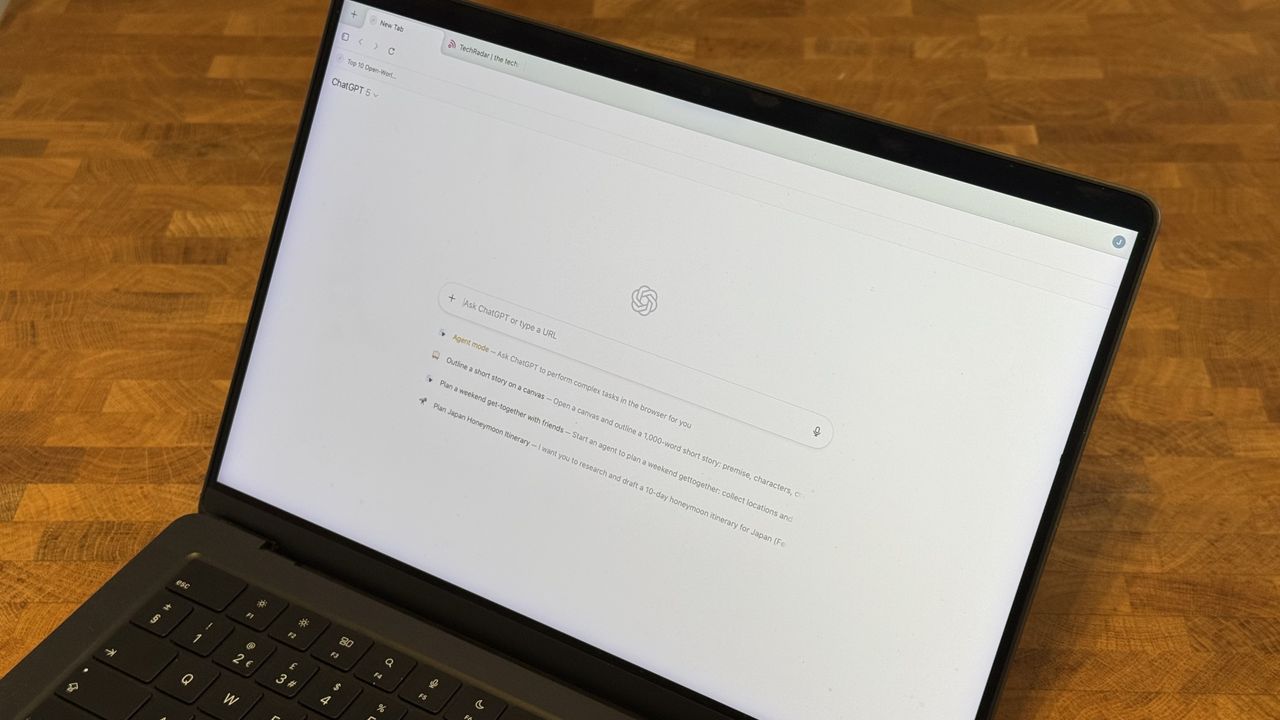
OpenAI Announces End of ChatGPT Service on WhatsApp
OpenAI has revealed that its ChatGPT integration within WhatsApp will cease operation on January 15, 2026, citing a policy and terms change from WhatsApp. The company posted a blog announcement stating its preference to continue the service but emphasizing a smooth transition for users. WhatsApp does not support chat exports, and there will be no automatic method to transfer chats after the cutoff. OpenAI suggests a workaround through the 1‑800‑ChatGPT contact profile, allowing users to link their accounts and merge query history. The move comes amid speculation about competitive tensions with Meta, which is also expanding its AI offerings.










